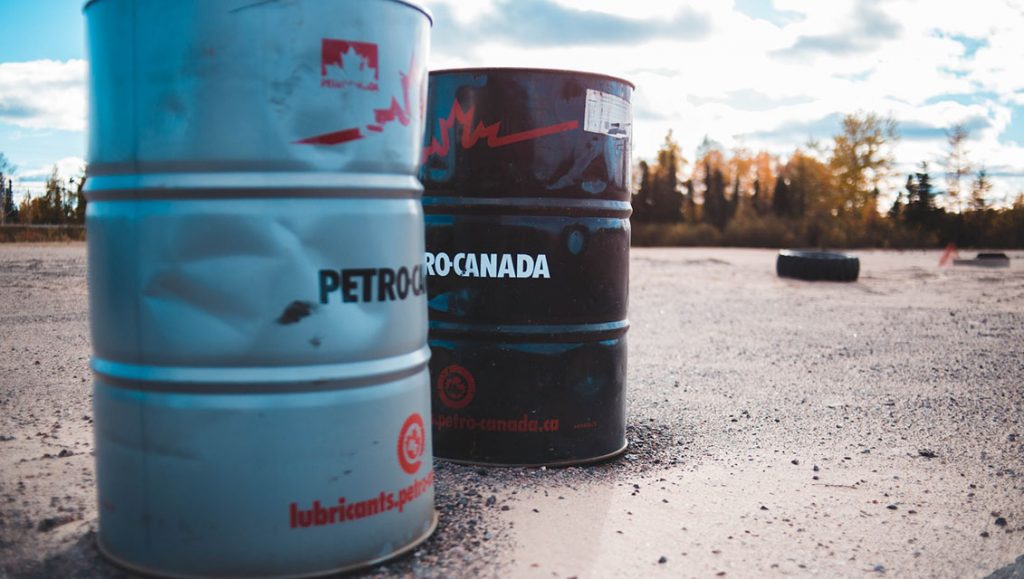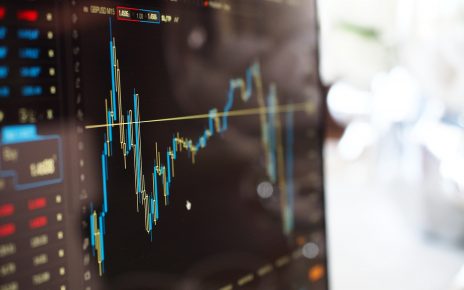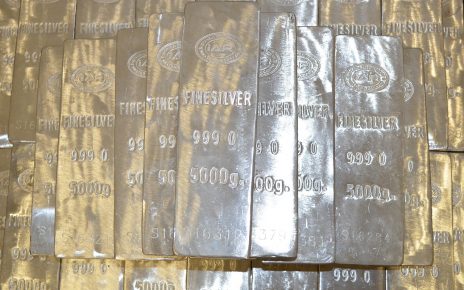Without a shadow of a doubt, Petroleum products, including Oil, have become part of our everyday life. It is well-known as an energy source. Until technological advancement minimizes its importance, it will most likely remain a product that the world heavily relies on to generate such things as electricity, heating oil, gasoline, etc.
Naturally, being traded in large volumes and regarded as a crucial resource, oil is a popular commodity to trade on the futures market. Consequently, it is very popular with traders, and there are many different approaches to employ in trading Oil futures.
In this article, we will focus more on the speculative approach (i.e. where buyers and sellers try to profit from the constant short-term change in the price of oil) used by some investors to profit from the Oil futures market. But, before we start, let’s take a look at what Oil futures are and how they work.
What are oil futures?

Futures contracts, in general, are legal agreements to buy or sell a financial instrument at a price predetermined and on a future date that has been agreed upon by both parties. What is traded could usually be a commodity, metals, or agricultural products. For example, since Oil is considered a commodity, it is traded in the commodities futures market.
The value of the oil contracts is constantly changing due to many factors, thus presenting speculative investors or traders a lot of opportunities to buy or sell these contracts before they mature. The advantage of trading Oil futures is that it offers investors the ability to trade the underlying Oil commodity without having to own or take delivery of the actual barrels of oil indicated in the contract.
As an example, assuming that Oil will be available for $65 in a contract expires in October. Then, for whatever reason, a speculative trader who thinks the actual price of Oil may shoot to say $70 even before the expiration date of the contract will buy it at $65 in hopes that the value of the contract will appreciate and, in turn, sell it for $70. As a result, he will realize a gain of $5. If on the other hand, the value of the Oil contract falls below $65 then he stands to lose on that bet.
Other market participants in the Oil futures market also seek to engage in this type of trading to lock in a lower Oil price well in advance before the transaction itself occurs. Usually, Oil corporations and manufacturers of petroleum products are examples of participants who will engage in this type of trading. This is to mainly reduce the potential risk of losses due to the constant change in the value of the underlying commodity.
For example, if an Oil firm establishes that it will need about 100,000 barrels of Oil in 3 months to fulfill an order. Suppose the current market price of Oil is $65 per barrel and the 3-month futures contract is $60 per barrel, they can lock in the futures price at $60 buying the futures contract, in other words, by buying the 3-month oil futures contract they are guaranteed to pay $60 in 3 months regardless of the current price of Oil after the contract expiration. If they had not purchased the 3-month oil futures contracts and the price of Oil ended up going up from $65 to $70, they would have been compelled to purchase the $100,000 barrels of Oil at the price of $70. That would have been an extra expense for the firm compared to the $65 per barrel price it could have locked in by purchasing the futures contracts of Oil.
Ultimately the primary goal of these types of investors engaged in Oil futures is to eliminate the uncertainty about the future price of Oil, thus minimizing unexpected losses.
What you need to know about Oil futures
First of all, it is essential to note that the contract size for Oil futures is 1000 barrels (42000 gallons), so at $69 per barrel, the notional value of the contract will be $69,000 which shows the total value of oil underlying the contract.
Another thing to consider is the fact that the only way to avoid taking physical delivery of the quantity of Oil you have bought is to close the futures positions you are holding before the contract expiration. This offers investors an opportunity to take profits or cut losses whenever they want without waiting for the contract to expire.
As an example, let’s say you bought an amount of a two-year oil futures contract today. After a year, the oil price goes up enough for you to be able to realize some profits. You can offset your long positions by selling them without waiting for the contract to expire in 2 years.
Another thing to be aware of is that there are a lot of factors that can significantly affect the price of Oil futures and cause volatile price movements in the futures market. Supply and demand factors, policy changes, and the general sentiments of market actors are examples of what could cause volatility in the Oil futures market.
In most cases, Oil tends to trend for longer periods either to the upside or downside making it easier for investors to have a bias regarding the direction of Price. Most experienced investors, including Speculators, can identify the major trends and establish a directional bias of the price of Oil, thus improving their odds of success.
How are Oil Futures Traded?

Well, oil is an essential commodity and will continue to be relevant for some time down the road.
Sophisticated investors are able to track and analyze historical data of Oil prices and model it in order to be able to predict with a measure of accuracy the overall market bias of Oil prices. To be successful in trading futures, an investor must acquire sufficient knowledge regarding these market trends and formulate a strategy to profit from them. The historical price data that could be analyzed include, but are not limited to, the high, low, open and close of oil prices within a specific period of time. Also being aware of the fundamental factors that are likely to cause significant change in the price of Oil can be beneficial when formulating a trading plan to trade Oil futures.
It is important to note that trading oil futures can be a risky endeavor. In terms of price movement in the market, it can quickly become potentially volatile in response to any relevant economic news releases leading to trading losses if positions are not properly managed.
For example, nobody could have predicted the coronavirus pandemic in 2020 and its direct and significant impact on oil prices. The price of Oil suffered a sharp decline in response to the coronavirus causing an unusually low demand for this commodity. Also, large Oil corporations and Oil producers were unable to reach an agreement regarding the modalities of production cuts, thereby worsening the issue. Oil price dropped from its 2019 yearly close of $61.14 to an all time low of $11.26 in April 2020. By the end of the year 2020, the price of Oil had closed at $48.52. Most investors who were holding futures positions from 2019 would have suffered significant losses.
Trading Oil futures requires a deep understanding of the overall price behavior of Oil, one cannot expect to be profitable by just free- riding on the signals and recommendations of the so-called market gurus and analysts.
Final thoughts
As you can see, Oil futures are potentially a great investment opportunity, but like all things, success to a greater extent is determined by the experience and skill of the investor.
These experienced traders have developed and cultivated Patience and discipline as well as a good understanding of Risk Management principles and this set them apart from Novice traders.
Developing a model to predict market trends in the Oil Futures market can go a long way to help an investor succeed in the market. Risk management must form an important part of the trading model so as to reduce the risk of losses and maximize the potential of making profits. Your ability to remove subjectivity in the trading model, remain calm and psychologically stable amidst volatile market conditions is one of the characteristics of a successful trader.





